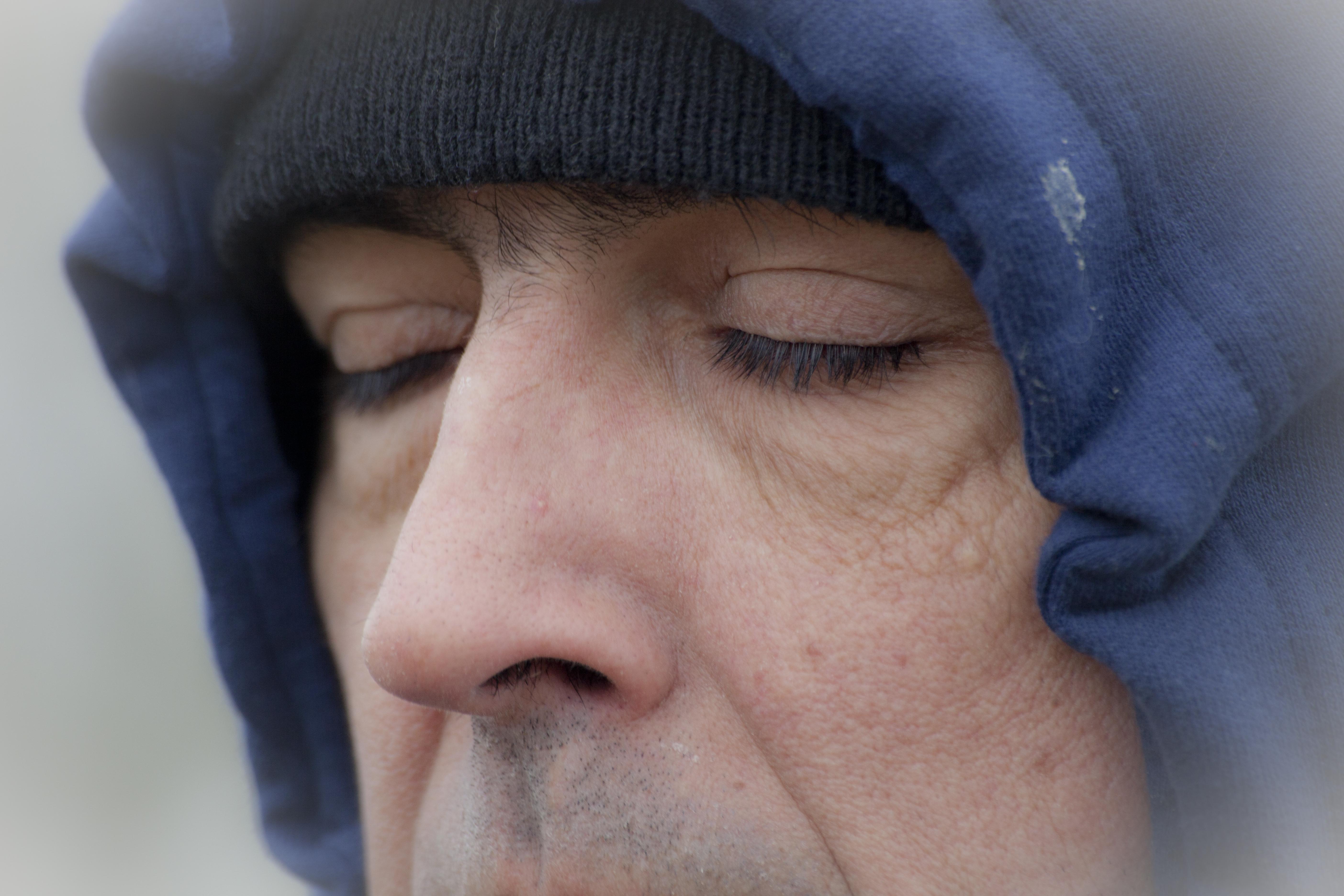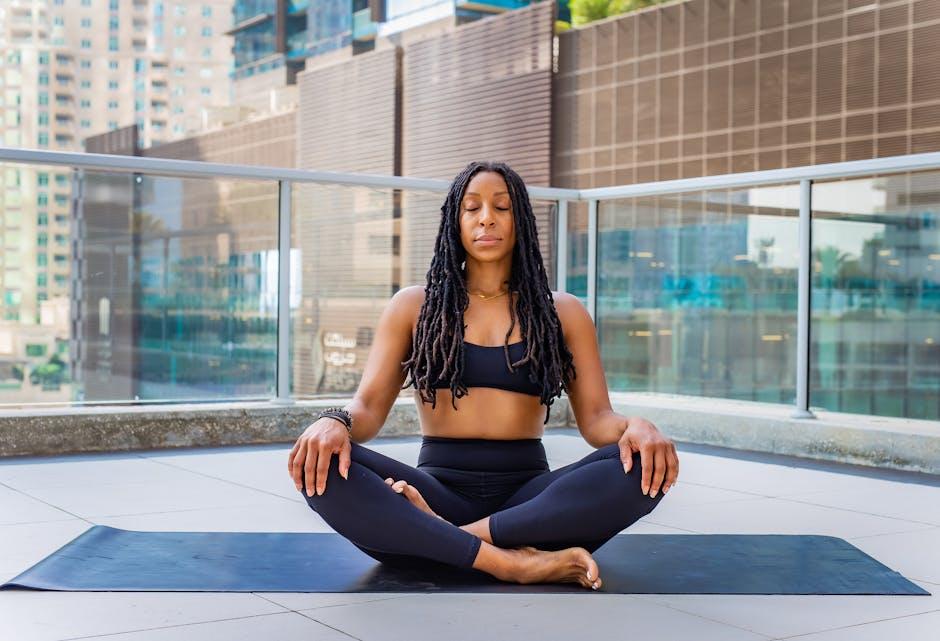In the tranquil realm of meditation, where the mind seeks solace and clarity, practitioners often find themselves navigating a landscape rich with profound experiences. These moments, varying from serene calm to transformative insight, beg the question: do they serve as validation for the practice itself? As meditation continues to gain popularity across cultures and generations, its effects are both celebrated and scrutinized. This article delves into the diverse tapestry of meditation experiences, exploring whether they hold the key to affirming the age-old practice or if their significance lies elsewhere. By examining personal narratives and scientific perspectives, we aim to uncover the true essence of meditation and its place in the modern world.
Exploring the Depths of Mindfulness Through Meditation
In the intricate dance between the mind and meditation, practitioners often report a tapestry of experiences that seem to affirm the value of this ancient practice. Mindfulness through meditation unveils layers of consciousness, allowing individuals to encounter realms of thought and emotion that often remain hidden in the rush of daily life. As meditators journey inward, they frequently describe a profound sense of peace and clarity, as if the noise of the external world fades away, leaving a serene mental landscape. This inner stillness, elusive yet tantalizingly attainable, is where many find validation for their efforts.
- Heightened awareness of present moments
- Deeper emotional understanding
- Improved focus and concentration
- Reduction in stress and anxiety levels
- Enhanced creativity and problem-solving abilities
These experiences, echoed across diverse cultures and traditions, form the backbone of meditation’s enduring allure. While some skeptics might question the subjective nature of these benefits, the shared narratives among practitioners provide a compelling case for mindfulness as a cornerstone of mental well-being. The transformative power of meditation lies not just in the moments of quiet reflection but in the tangible shifts in how individuals engage with the world, their relationships, and ultimately, themselves.

The Science Behind Meditation: Evidence or Illusion
Delving into the realm of meditation, one may wonder whether the myriad experiences reported by practitioners hold any scientific weight. Neuroscientific studies have illuminated intriguing changes in the brain associated with meditation practices. Researchers have observed increased gray matter density in areas of the brain responsible for emotional regulation and self-referential processing. This suggests that meditation might not only influence one’s state of mind during practice but could also foster long-term neurological benefits.
Beyond the structural changes, meditation has been linked to measurable physiological and psychological effects, such as:
- Reduced Stress: Cortisol levels, a marker of stress, often decrease in regular meditators.
- Enhanced Focus: Participants in studies frequently report improved concentration and attention span.
- Emotional Well-being: Many find a heightened sense of empathy and a reduction in anxiety symptoms.
While skeptics may argue that the experiences are subjective or placebo-driven, the growing body of evidence suggests that meditation might indeed be more than an illusion. However, as with any field, continued research is essential to unravel the full extent of its benefits.

Personal Narratives: Stories of Transformation and Tranquility
In the realm of meditation, personal narratives often serve as powerful testimonials that underscore the practice’s potential for profound transformation. Many individuals recount experiences of heightened awareness and inner peace, claiming these moments validate their commitment to the practice. Meditation practitioners frequently report a shift in their perception of daily life, where the mundane transforms into a canvas of tranquility. Such transformations are often marked by:
- Enhanced emotional regulation, allowing individuals to navigate life’s challenges with a newfound calm.
- Increased self-awareness, fostering a deeper understanding of one’s thoughts and emotions.
- Improved focus and concentration, which permeates through both personal and professional spheres.
While these experiences are subjective, they often echo a common sentiment: meditation offers a sanctuary from the chaos of modern existence. The stories of those who embark on this journey illuminate the path for others, suggesting that the practice holds the potential to unlock a serene inner landscape, validating the time and dedication invested.

Guidelines for a Fulfilling Meditation Practice
Embarking on a meditation journey can be both enlightening and transformative. To nurture a fulfilling practice, consider these simple yet effective guidelines:
- Consistency Over Intensity: Aim for regular practice, even if it’s just a few minutes daily. This fosters a habit that naturally integrates into your lifestyle.
- Create a Sacred Space: Designate a peaceful spot in your home where you can meditate without distractions. Personalize it with elements that bring you calm, like candles or cushions.
- Embrace the Silence: Allow yourself to sit with the silence and stillness. In this quietude, you may find the clarity and peace that often eludes in the busyness of life.
Openness to Experience is crucial. Meditation isn’t about achieving a particular state but rather being present with whatever arises. Approach each session with a sense of curiosity, and let go of any expectations. By doing so, you’ll cultivate a practice that is not only fulfilling but also deeply personal.
In Conclusion
As we draw the curtain on our exploration of whether meditation experiences validate the practice, we find ourselves standing at the crossroads of subjective insight and empirical inquiry. While the personal stories and transformative journeys of countless practitioners paint a vivid tapestry of meditation’s potential, the scientific quest for validation continues to unfurl its own narrative. In this intricate dance between inner experience and external evidence, perhaps the true essence of meditation lies not in definitive answers but in the questions it invites us to ponder. Whether viewed as a sanctuary of solace or a wellspring of wisdom, meditation remains a deeply personal odyssey, inviting each of us to explore its depths and discover our own truths. As we step away from this discussion, may we carry forward a spirit of curiosity and openness, ready to embrace whatever revelations the practice may offer.
